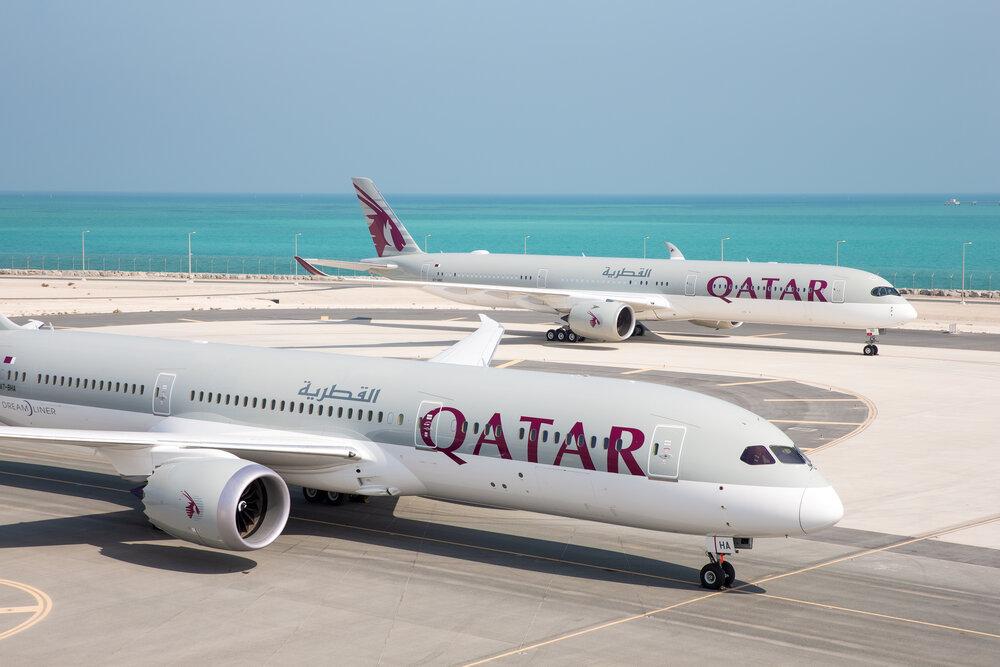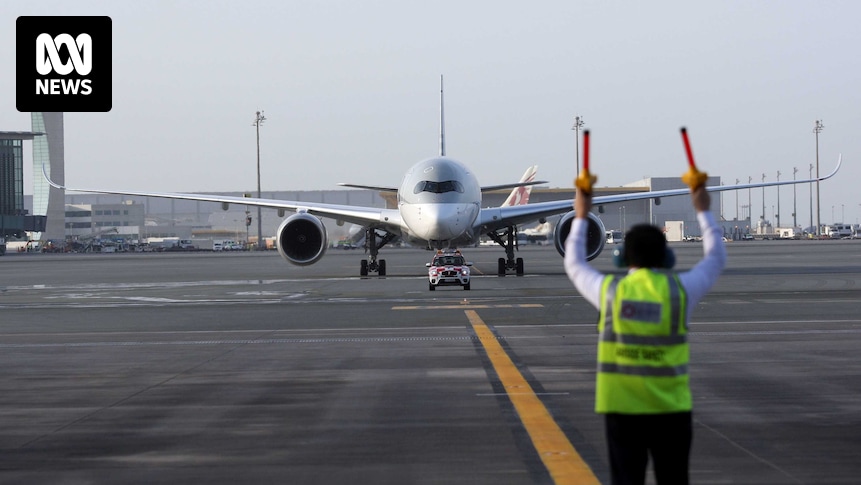Middle East Travel and Aviation Stability Amid Qatar Strikes: Balancing Safety and Routes




The Middle East has captured global attention following recent strikes in Doha, Qatar, prompting significant analysis of the region's security environment. These developments have led Australia's Department of Foreign Affairs and Trade to update travel advisories, emphasizing the unpredictable nature of current conditions while maintaining balanced guidance for travelers navigating this complex landscape.
Australian authorities have highlighted the potential for sudden airspace closures and travel disruptions throughout the region. The Department of Foreign Affairs and Trade's Smart Traveller website reflects these concerns, noting that the security situation remains fluid and subject to rapid changes. Despite these warnings, officials advise continued vigilance and adherence to local guidance while exercising normal safety precautions during travel. The emphasis remains on staying informed rather than avoiding travel entirely, recognizing that with proper awareness and preparation, journeys can proceed safely.
Doha's Hamad International Airport, serving as a crucial transit hub for Australian travelers, continues operating without interruption despite regional tensions. This vital connecting point has demonstrated remarkable resilience, maintaining its role as a gateway between Australia and numerous global destinations. Airlines operating through the facility are strategizing carefully to circumvent potentially risky airspace over Iraq, Iran, and Israel, while ensuring minimal disruption to passenger services. Key players including Emirates, Singapore Airlines, British Airways, and Air France are maintaining close monitoring of developments while adapting their operational approaches as necessary.
Despite unsettling regional developments, Qatar Airways has provided reassurance that its services remain unaffected, maintaining unwavering commitment to safety and seamless connectivity for passengers. The airline's statement on social media platforms emphasized operational continuity and passenger safety as top priorities. Virgin Australia's collaborative partnership with Qatar Airlines, featuring routes from Sydney and Brisbane to Doha that commenced in June, continues operating without disruption. This partnership represents a significant investment in Middle Eastern connectivity and demonstrates confidence in the region's aviation infrastructure stability.
Aviation expert Justin Wastnage from Griffith University's Institute of Tourism provides valuable insights into the current situation, pointing out that recent strikes were strategically focused on specific locations, thereby minimizing risks to commercial air routes. This precision reduces immediate threats to civilian aviation while allowing normal operations to continue. Airlines globally are prioritizing security measures, employing advanced precautions and sophisticated route planning when navigating through sensitive zones. These approaches draw from lessons learned during previous global incidents, including situations over Ukraine and other conflict areas, where commercial aviation successfully adapted to challenging circumstances.
While apprehension may naturally affect traveler sentiment during uncertain times, industry experts including Dean Long from the Australian Travel Industry Association affirm that travelers should remain composed and confident. The aviation sector demonstrates unwavering commitment to safety and operational continuity, with industry leaders advising that current circumstances do not necessitate flight cancellations or panic responses. This stability in travel engagement reflects the industry's maturity in handling complex security environments while maintaining service quality.
Professional aviation analysts emphasize that the targeted nature of recent military actions poses minimal direct threat to commercial flights operating in the region. The precision of these operations, focused on specific military and infrastructure targets rather than civilian aviation facilities, allows normal air traffic to continue with appropriate precautionary measures. Airlines are implementing meticulous route adjustments, drawing upon comprehensive risk assessment protocols developed through years of operating in various challenging environments worldwide.
The travel industry's response demonstrates preparedness and professionalism in managing uncertain situations. Airlines and travel agents maintain readiness to provide necessary support should unexpected disruptions arise, ensuring passengers receive appropriate assistance and alternative arrangements when needed. This comprehensive support network includes rebooking services, accommodation assistance, and clear communication channels to keep travelers informed of any developments affecting their journeys.
Flight tracking systems reveal that major carriers are exercising appropriate caution while maintaining service reliability. These airlines continuously monitor regional developments and adjust their operations accordingly, demonstrating the industry's capability to balance safety concerns with service commitments. The adaptive approach includes real-time route optimization, enhanced communication with air traffic control authorities, and coordination with international aviation safety organizations.
The current Middle Eastern security situation, while requiring vigilance and careful monitoring, does not fundamentally compromise the safety or reliability of commercial aviation in the region. Through professional expertise, industry cooperation, and appropriate safety measures, travelers can maintain confidence in their journey plans while staying informed about regional developments. The aviation industry's proven ability to adapt to challenging circumstances, combined with comprehensive support systems, ensures that travel can continue safely and efficiently despite regional uncertainties.

Comments